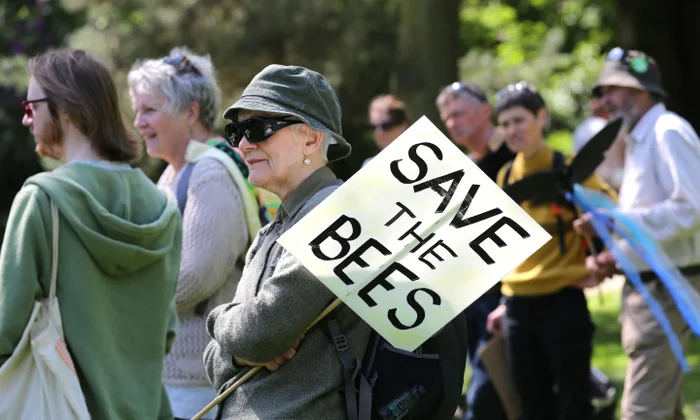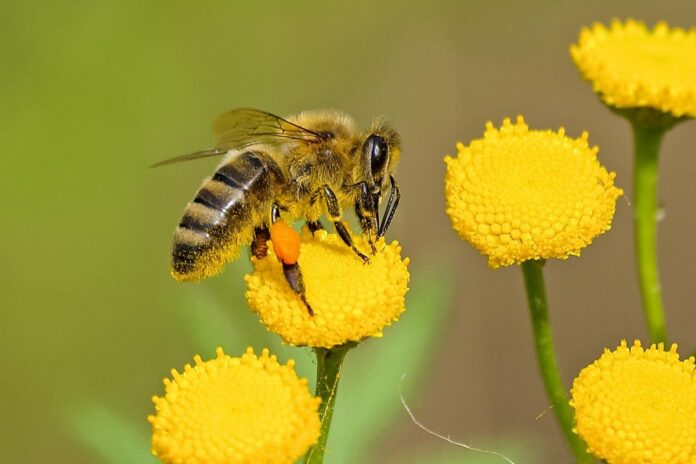Government Takes Action on Neonicotinoids

The UK government has unveiled plans to outlaw neonicotinoid pesticides, widely criticized for their detrimental impact on bee populations. However, Cruiser SB, a particularly potent variant, could still be permitted under specific conditions next year.
Known to destroy bees’ nervous systems, this pesticide has devastating effects. Professor Dave Goulson of the University of Sussex highlights that just a teaspoon of Cruiser SB could exterminate 1.25 billion honeybees. Even in smaller, non-lethal amounts, it disrupts bees’ ability to forage and leaves lasting residues in the soil.
Steps Toward a Permanent Ban
Ministers have proposed a complete ban on three neonicotinoids: clothianidin, imidacloprid, and thiamethoxam. While environmental advocates commend this initiative, they argue that more decisive action is needed.

Paul de Zylva of Friends of the Earth emphasized the importance of replacing the current weak pesticide action plan with a more robust strategy. “We must eliminate emergency exemptions and fully commit to this ban,” he stated.
Emergency Use Sparks Controversy
Although the pesticides are prohibited for general use, emergency authorizations have been granted annually since 2021. These exemptions are triggered during conditions favoring virus yellows, a pest affecting sugar beet crops.
This practice has drawn criticism, leading to an investigation by the Office for Environmental Protection into the government’s pesticide approvals.
Calls for Immediate Action
Environmental groups like Greenpeace UK are pressing the government for swift implementation of the ban. Doug Parr, the organization’s policy director, stated, “Pesticides that poison bees have no place in the UK. The government must act now to enforce the ban without delay.”

Ministerial Commitment to Wildlife Protection
Environment minister Emma Hardy reaffirmed the government’s dedication to preserving biodiversity. “Protecting bees and reversing wildlife decline is essential for environmental and economic security. This ban is a vital step in sustaining our ecosystems, waterways, and farming sector,” she said.
The Fight to Save Bees Continues
While these measures represent progress, concerns persist regarding the government’s commitment to fully eliminating harmful pesticides. With pollinators playing a crucial role in agriculture and the environment, ensuring their survival remains an urgent priority.

